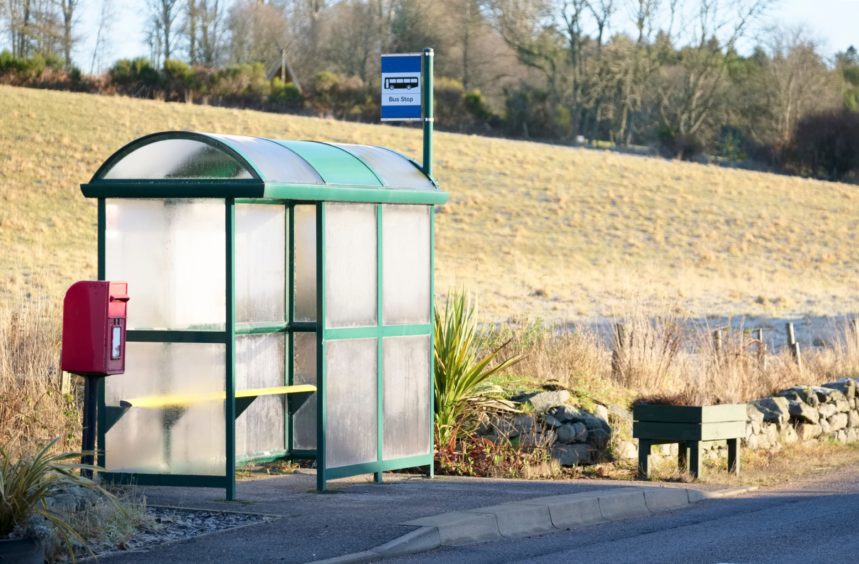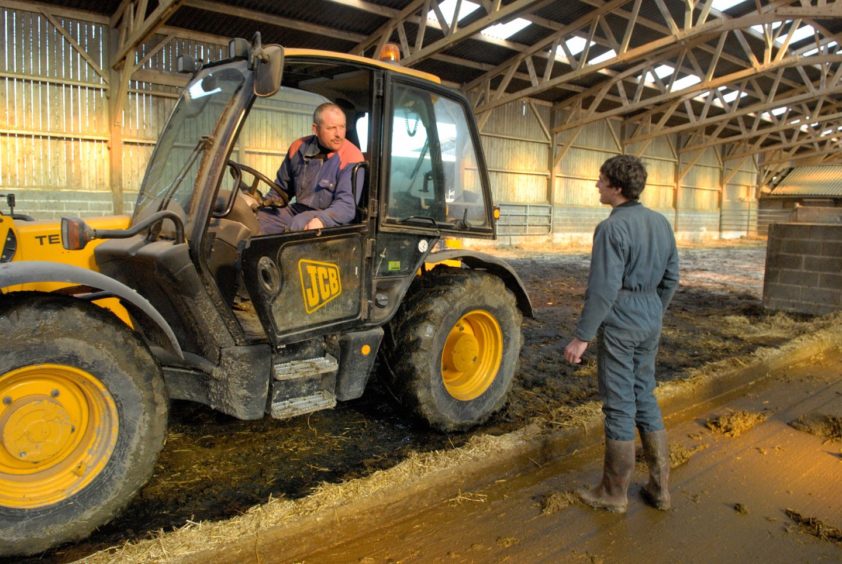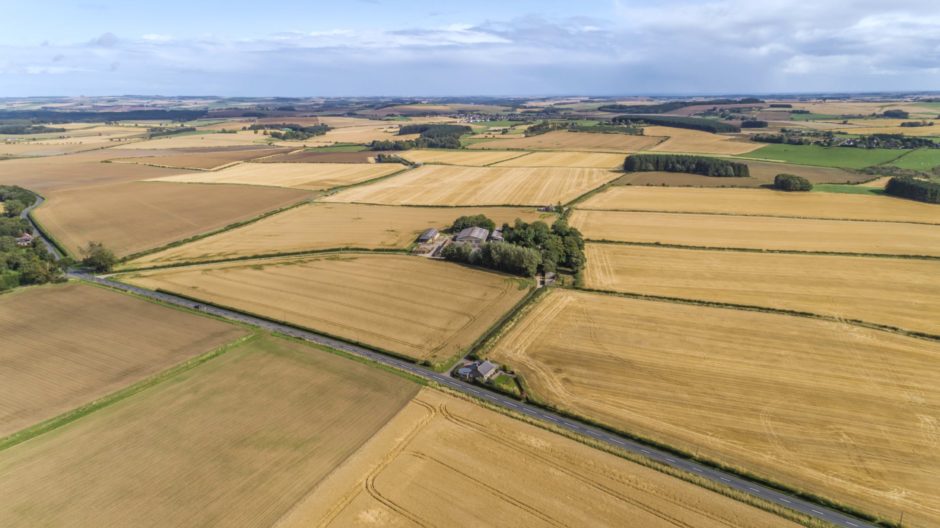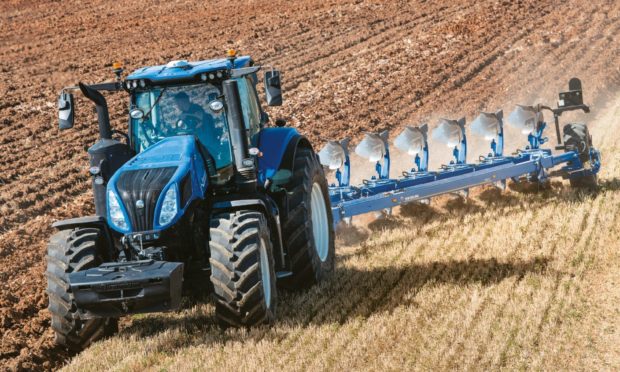It’s a busy time in the farming calendar with many in the midst of lambing, calving and spring work, and at home we spent the Easter period sowing our spring barley.
It is also a busy time for politicians who are currently preparing for the Scottish Parliament elections on May 6.
The usual campaign leaflets have started to drop through our letterbox, containing the key policies for each political party. As I flicked through the leaflets, it occurred to me that they said very little about policies for farming. Focusing on the recovery from Covid-19, housing and our health care system were all high on the agenda – but what about agricultural and rural issues?

The Scottish Association of Young Farmers Clubs (SAYFC) recently conducted a survey on shaping Scottish agriculture to capture the views of young people living in rural areas and working in the agricultural industry. It covered a range of topics, including attracting talent to agriculture, access to land and connectivity.
When asked how we should be encouraging young people into agriculture, an overwhelming majority of respondents selected educational initiatives rather than financial incentives.
Education
There is a perceived lack of support by schools in encouraging young people to consider a career in agriculture, and 72% of respondents felt that this could be addressed by increasing awareness in the school curriculum.
Beyond the school gates, a large number of respondents felt that college and university courses should offer more practical training, by providing students the opportunity to undertake a year in industry for example.
Apprenticeships were also seen as important in attracting young talent into the industry.

Young people are the future of farming and without the right opportunities and the proper support and training available we will not be able to attract and retain talent in the industry.
Land
A lack of availability of land on the open market was seen by 35% of respondents as the biggest barrier to access to land. Availability of finance and lack of incentives for established famers to pass land on to the next generation were also seen as key barriers.
High land prices make it difficult for young people to get a foothold in farming and some innovative thinking is required to resolve the current lock-up where established farmers are unable to retire because of income constraints and young people don’t have the opportunity to progress, so seek careers elsewhere.

Respondents were asked to say which method of support they thought would be most beneficial to new business and 50% selected incentives to established farmers to allow young farmers to come into the business, share farm or rent land from them.
Connectivity
Connectivity is crucial to rural businesses.
Never before has this been so acutely obvious as during the Covid-19 pandemic when the majority of business meetings have taken place online.
In the survey, 96% of young farmers said that connectivity was either important or very important to them whilst just 61% described the quality of connectivity in their area as either good or very good.
This demonstrates that there are still many areas of rural Scotland which do not have adequate connectivity, and it is vital that this is improved so that businesses are able to modernise, diversify and upscale. Technology will be crucial in helping many sectors of agriculture to become more efficient but we cannot do this without being better connected.
So I have one question for Scotland’s politicians: Do you share our views on shaping Scottish agriculture?
Catherine Sloan is the Agri and Rural Affairs committee chairman of the Scottish Association of Young Farmers Clubs. Her family farms near Perth.
